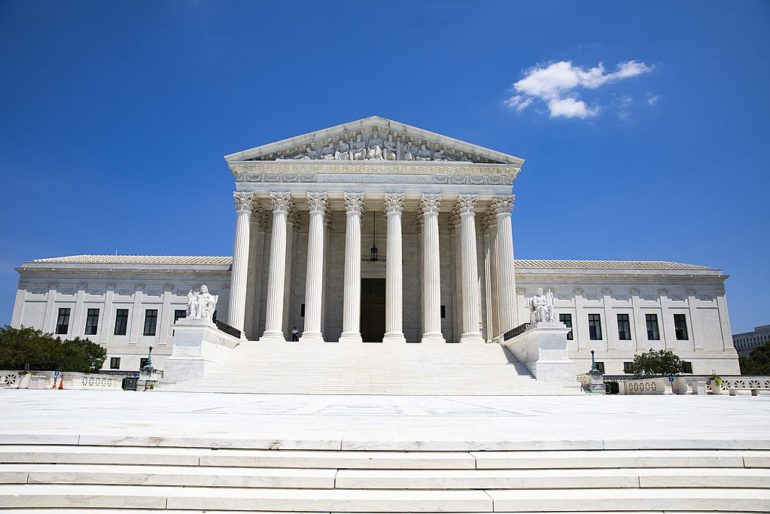In a sharply divided 4-to-3 ruling, the Wisconsin Supreme Court on Wednesday reportedly declared that the state’s 176-year-old abortion ban could no longer be enforced, reaffirming access to abortion under modern state law.
The decision, penned by Justice Rebecca Dallet, ended a long-running legal battle triggered after the U.S. Supreme Court overturned Roe v. Wade in 2022.
The court held that the century-and-a-half-old statute had been implicitly repealed by comprehensive legislative and regulatory processes enacted in the past 50 years.
According to the ruling, Wisconsin’s more recent laws—particularly a 2015 statute banning abortions after 20 weeks of gestation—govern current abortion policy and supersede the outdated ban.
The majority emphasized that the older law was effectively replaced by detailed statutes outlining gestational limits, waiting periods, and ultrasound requirements.
Attorney General Josh Kaul, a Democrat, had pursued the case following concerns that providers might resume prosecutions under the old law.
The court echoed his argument, noting that reliance on the 176-year-old ban would conflict with modern abortion services that have been regulated for decades.
Abortion providers in Wisconsin paused care in 2022 amid uncertainty but resumed legally under a lower court ruling in 2023—now definitively upheld by the Supreme Court.
The court’s four liberal justices, who secured their majority in the 2023 and 2025 judicial elections, framed their decision as vital for legal clarity.
Justice Dallet wrote that affirming abortion protections was necessary to resolve the two-year limbo facing patients and providers.
The decision also dismissed a constitutional challenge from Planned Parenthood, affirming the existing statutory framework.
In dissent, Justice Annette Ziegler accused the majority of overstepping the judiciary’s role and interfering with legislative authority.
She argued that retaining laws on the books—even if unenforced—falls to elected lawmakers, not judges.
The ruling marks a significant win for reproductive rights advocates in a battleground state where public opinion continues to favor legal abortion in most cases.
Still, abortion remains prohibited in Wisconsin after the point of fetal viability, generally recognized around 20 weeks.
Looking ahead, the issue is expected to shape Wisconsin’s political landscape, with conservatives pledging to revisit the issue through upcoming campaigns.
Advocates for both sides say the decision will likely influence future judicial contests and legislative proposals, making abortion access a central theme in contests ahead.
For now, Wisconsin women and health-care providers can rely on established legal protections while navigating a state whose political and judicial terrain remains deeply contested.
[READ MORE: Congressional Democrat Stalwart Announces Retirement]





